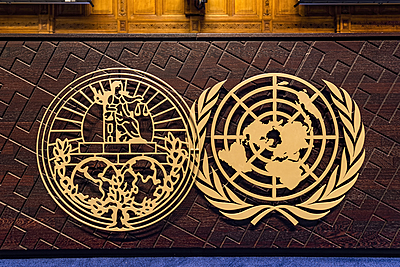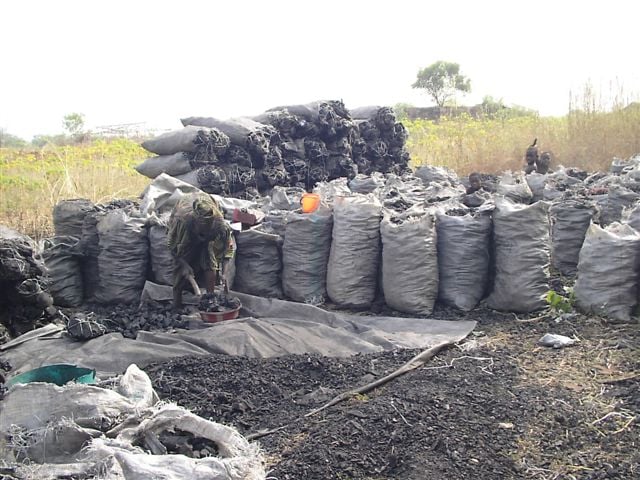Photo: International Court of Justice
The International Court of Justice (ICJ) has issued a landmark advisory opinion that climate change poses “an urgent and existential threat”.
The opinion, delivered on Wednesday in The Hague, Netherlands, was in response to a request from the United Nations (UN) General Assembly in 2023, initiated by the Pacific Island nation of Vanuatu and backed by over 130 countries.
The UN General Assembly had asked the court to clarify two key issues—the obligations of states under international law to protect the climate from greenhouse gas emissions and the legal consequences for countries that cause harm to the climate system.
Reading the court’s opinion, Yuji Iwasawa, president of the ICJ, said all states have legal obligations to prevent the worsening impacts of climate change and protect the rights of present and future generations.
Advertisement
“The adverse effects of climate change threaten the enjoyment of basic human rights, including the right to life, health, food, and an adequate standard of living,” the ICJ president said.
The court also affirmed that states have obligations under international law not only to avoid causing environmental harm but also to cooperate, share technology, and support the most vulnerable nations.
The ICJ held that states must adopt climate mitigation measures with maximum ambition, in line with the goal of limiting global temperature rise to 1.5°C, as set out in the Paris Agreement.
Advertisement
The court also noted that failing to act—either through negligence or delay—could constitute a breach of international law.
“No state can claim to be uninvolved. The emissions of greenhouse gases—regardless of where they originate—contribute to a global harm, and therefore invoke global responsibility,” Iwasawa said.
“States are required to take all appropriate measures to prevent significant harm to the environment. This is not optional.”
The advisory opinion is not legally binding, but it sets a powerful precedent that could influence future climate litigation and international negotiations.
Advertisement
‘HOPE TO FRONTLINE COMMUNITIES’
Climate advocates welcomed the ruling, describing it as a “moral turning point” for global environmental justice.
ActionAid Vanuatu country manager, Flora Vano, who testified at the people’s assembly during the hearings, said the court’s decision offers renewed hope to communities on the frontlines of the climate crisis.
Vano said polluting nations continue to destroy vulnerable countries like hers with little regard for the human cost.
Advertisement
She described the ruling as a vital tool to demand justice and push for reparations from those most responsible for driving global warming.
“The powerful polluters don’t seem to care that their actions are destroying countries like mine and intensifying burdens on women, who often bear the brunt of climate impacts,” Vano said.
Advertisement
“We can feel so helpless as we lose our homes, our livelihoods, and our safety to terrifying storms and rising seas.
“This historic legal decision from the ICJ gives us hope that communities, especially women and girls on the frontlines of this crisis, will finally be able to fight back for justice and accountability.”
Advertisement
The ICJ’s opinion offers fresh legal clarity on the responsibilities of governments to prevent climate-related harm.
Although the court’s advisory opinion is not enforceable, it strengthens the emerging consensus that countries could be held accountable under international law for failing to act on climate change.
Advertisement










